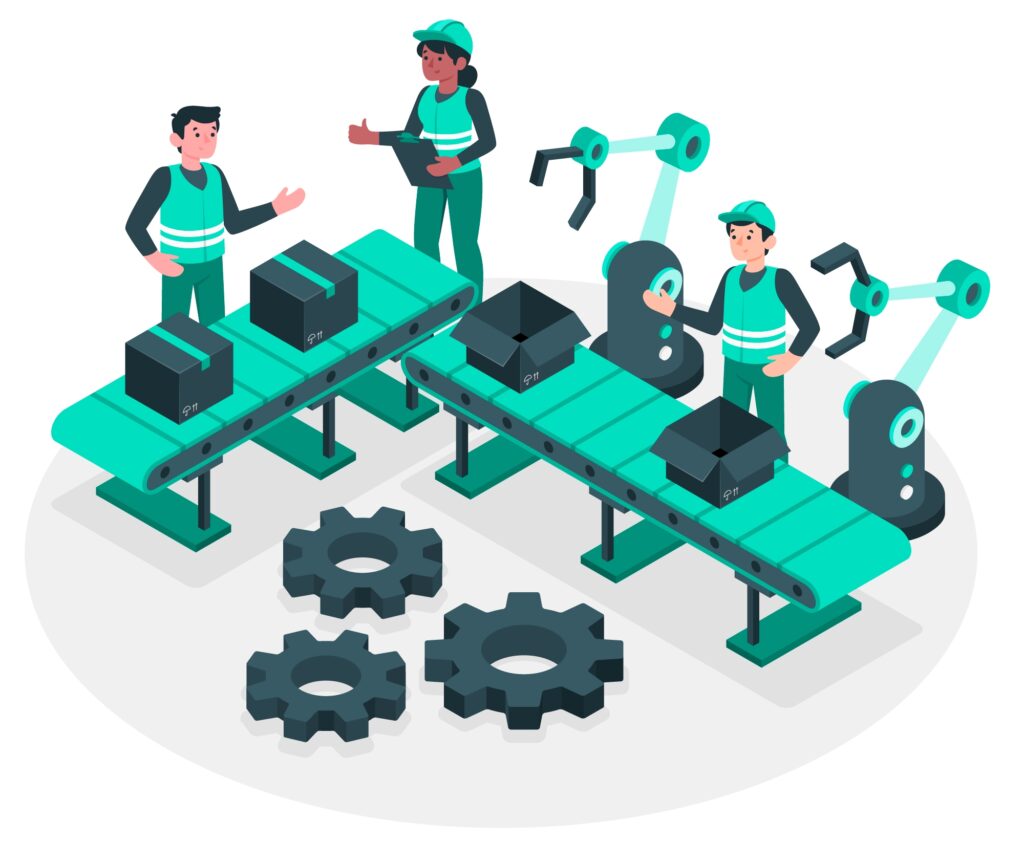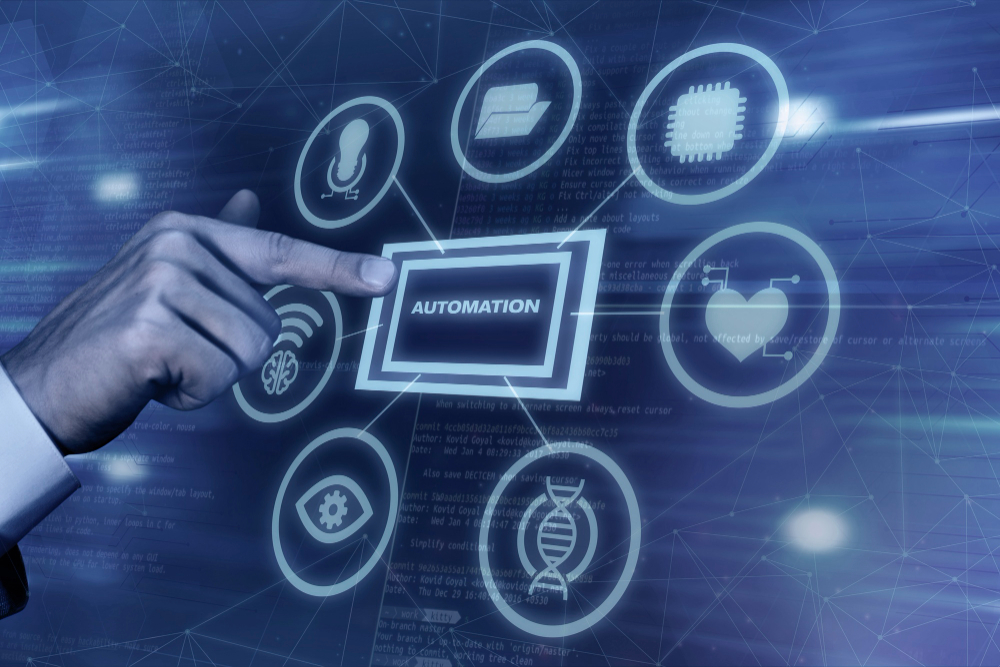In today’s fast-paced global market, businesses must streamline operations to stay competitive. Supply chain automation is revolutionizing industries by increasing efficiency, reducing costs, and enhancing decision-making processes.
By integrating digital tools, artificial intelligence (AI), and robotics, companies can optimize logistics, inventory management, and order fulfillment with minimal human intervention.
What is Supply Chain Automation?
Supply chain automation refers to the use of technology-driven solutions to manage and optimize supply chain processes. From warehouse robotics to AI-driven demand forecasting, automation enables businesses to eliminate manual tasks, reduce errors, and improve overall productivity.
Key Benefits of Supply Chain Automation
- Enhanced Efficiency and Speed
Automated systems process large volumes of data instantly, ensuring faster order fulfillment, optimized logistics, and real-time tracking.
- Cost Reduction
By minimizing manual intervention and reducing human errors, businesses can cut labor costs, prevent inventory losses, and optimize transportation expenses.
- Improved Accuracy
Automation enhances data accuracy, demand forecasting, and inventory tracking, preventing overstocking or stock shortages.

- Better Customer Satisfaction
With automated order processing and real-time tracking, customers receive faster deliveries, accurate order updates, and seamless service.
- Risk Mitigation
AI-powered predictive analytics help businesses identify potential supply chain disruptions, allowing proactive decision-making.
Technologies Driving Supply Chain Automation
- Artificial Intelligence (AI) & Machine Learning:
AI-powered analytics improve demand forecasting, optimize delivery routes, and enhance decision-making.
- Robotic Process Automation (RPA):
Automates repetitive tasks such as data entry, order processing, and warehouse management.
- Internet of Things (IoT):
IoT-enabled sensors track shipments, monitor warehouse conditions, and improve asset management.
- Blockchain:
Ensures transparency, security, and traceability in supply chain transactions.
- Cloud Computing:
Provides real-time access to data, streamlining collaboration between suppliers, manufacturers, and distributors.
How Businesses are Implementing Supply Chain Automation?
- Smart Warehousing:
Automated storage and retrieval systems (AS/RS) enhance warehouse efficiency by reducing manual labor and speeding up inventory handling.
- Predictive Analytics:
AI-driven insights help businesses forecast demand, optimize inventory, and reduce waste.
- Autonomous Vehicles & Drones:
Companies use self-driving trucks and delivery drones to improve last-mile delivery efficiency.
- Automated Order Processing:
AI-powered chatbots and automated systems handle order placements, tracking, and returns, reducing human intervention.

The Future of Supply Chain Automation
As technology continues to advance, supply chain automation will become more intelligent, agile, and interconnected. The rise of AI, IoT, and blockchain will create fully autonomous supply chains that respond to market demands in real time. Companies that embrace automation today will be at the forefront of tomorrow’s supply chain revolution.
Conclusion
Supply chain automation is no longer a luxury but a necessity for businesses aiming for efficiency, cost reduction, and competitive advantage. By leveraging AI, IoT, robotics, and cloud computing, companies can build smarter, more resilient supply chains that drive growth and customer satisfaction.
Is your business ready to optimize its supply chain with automation? Start Smart® can help you integrate cutting-edge technologies to enhance your logistics and operations. Get in touch with us today!
